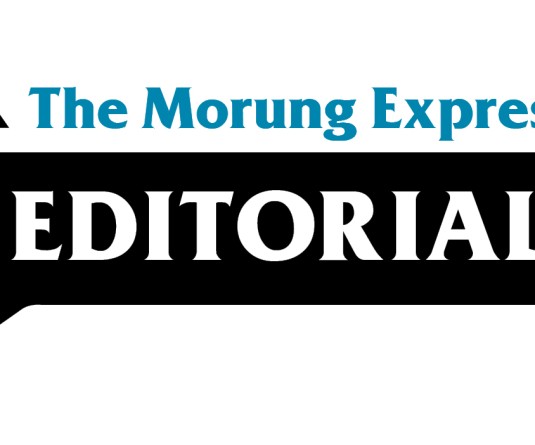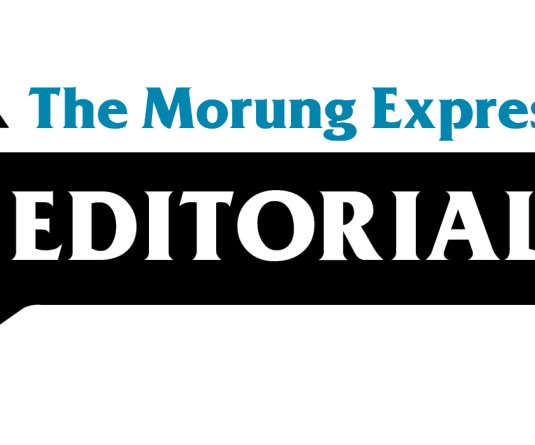
While social and economic poverty has caused a serious threat to the survival of humankind, poverty of the mind has a demoralizing effect that questions the very existence of human life. Hence a question to ponder upon is; what is the good life? While some find an answer in achieving affluence, for others, it could mean liberty and dignity, while for some others it could involve the purchase of happiness. However, does money actually buy happiness? Or to be more precise, would a little more money add greater happiness?
It is indeed a wonder why an assumption often connects between monetary well-being and feeling fine. Consequently the cycle of working more to buy more raises the question of delusion. Eventually, it is only fair to ask whether the rising materialism is contributing to the impoverishment of the human mind; and hence the demoralization of the human spirit.
Inevitably the impoverishments of human mind and reason, which may be caused by internal or external factors, prevent the process to develop a meaningful philosophy of life. Thus the stagnation of a society! It results into an inward looking persona which demoralizes any attempt to consciously step outwardly towards vitality essential for the healthy growth of a nation. This impact naturally changes a nation’s ethos and priorities and gives little or no room to pause a moment to think and reflect. Hence past mistakes become the present and the cycle is repeated with devastating effect till a society rediscovers consciousness to correct itself through self-criticism.
Nagas today are challenged with the realities of impoverishment – the impoverishment of social and economic well being; and the impoverishment of the mind and reason. Logically both are laced with far reaching generational consequences and are undoubtedly interrelated with each other. Nonetheless, with time, the more detrimental of the two would be the poverty of reason because it seeks to destroy any seed of hope with the intent of demoralizing the will to live a good life.
Perhaps what is needed at the moment is courage, not just courage, but political courage that deliberately strives to engage the human mind in creatively propelling the imagination needed to nurture hope and possibilities. Some people of great faith have indicated that courage is not bravado but in essence the willingness to speak the truth in spite of fear of reprisals. Objectivity antagonizes stakeholders but empowers the people and therefore political courage implies standing on issues without allowing partisan politics to interfere and divert its natural discourse.
Undoubtedly, it is time for ordinary Nagas to participate and take ownership on issues that affect their lives and that of the future. The stench of indifference and complacency is eroding the moral imagination impoverishing the Naga mind to a state of hopelessness and indignity. Eventually a new generation maturing with increasing concern for the dignified existence of the Nagas is essential with a discerning far-sightedness that focuses on the integrity of nature and a new meaning of positive life.
In the end, political courage is the living power of human perception that nurtures and expands a vision for the future by transcending the existing realities which is limited by present conditions of an impoverished mind.






